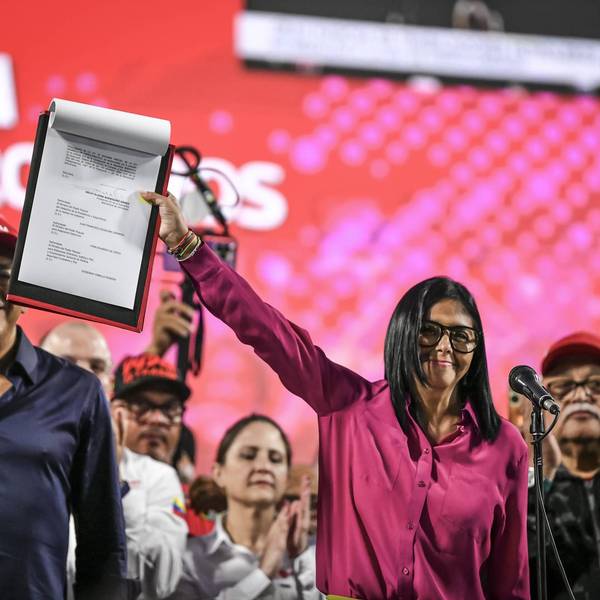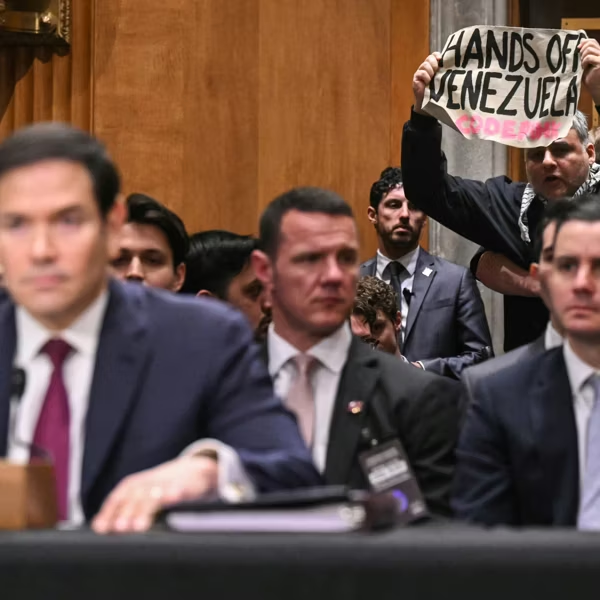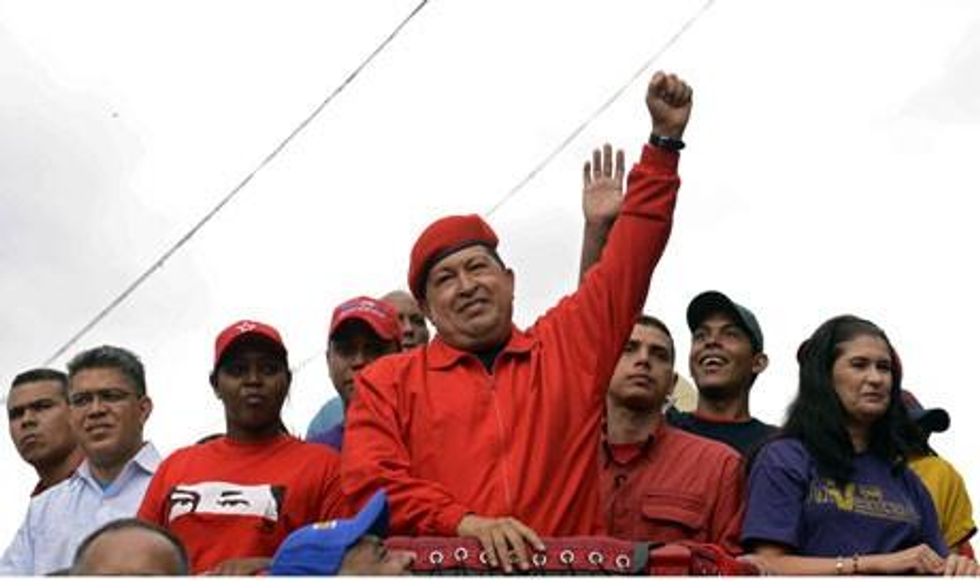Had Hugo Chavez followed the pattern of many Third World leaders and concentrated on siphoning off his nation's wealth for personal gain, he would have attracted little attention or animosity in the West.
Instead, he did virtually the opposite -- redirecting vast sums of national wealth to the swollen ranks of Venezuela's poor, along with free health care and education. No wonder he alienated local elites, who are used to being first in line at the national trough.
Chavez's relentless championing of the downtrodden set a standard increasingly followed in Latin America. It explains his immense popularity with the masses and the widespread grief over his death last week.
Yet in the West, he was portrayed as a tyrant.
He was accused of muzzling the press, although anyone who's ever turned on a TV in Caracas knows there's no shortage of Fox News-style media outlets carrying a frothy mix of celebrities, U.S. sitcoms and anti-Chavez tirades.
He was also accused of being anti-democratic, even though he won elections which former U.S. president Jimmy Carter and his global election monitoring centre have declared "the best in the world."
Chavez deservedly came under attack in the West -- including from Noam Chomsky -- for failing to order the release of a judge imprisoned for allowing a corrupt banker to flee Venezuela with millions of dollars.
But it's striking to note that the West routinely ignores more serious democratic failings on the part of its allies, including torture and execution in full-fledged dictatorships like Saudi Arabia.
What actually appears to have infuriated the western establishment was Chavez's audacity in challenging -- and scoring some victories against -- western dominance of the world economy.
One such victory allowed Third World oil-producing nations to gain a bigger share of global oil revenues.
Up until the 1970s, the major western oil companies, known as the Seven Sisters, controlled the world oil market through a cartel established at a secret retreat at Achnacarry Castle in Scotland in 1928. The Achnacarry agreement set out in detail how the companies would maintain their lucrative control of oil markets into the future, setting quotas among themselves, never competing with each other and preventing competitors from getting in on the action.
In the 1970s, oil-producing nations in the Middle East and Venezuela organized and managed to replace the Seven Sisters with their own cartel, OPEC, striking a better deal for themselves and sending oil prices soaring. Some enraged westerners were left wondering, "How did our oil get under their sand?"
But the oil companies, backed by western governments, soon reclaimed their dominance. By the late 1990s, according to Wall Street oil analyst Fadel Gheit, a badly divided OPEC was on its deathbed.
Then miraculously it started to revive. "It was Hugo Chavez," says Gheit. "He saved OPEC."
Chronicling Chavez's role in reuniting OPEC brought me to Caracas in 2004, for a book I was writing on the geopolitics of oil. In an interview that stretched beyond two hours, Chavez recounted his personal shuttle mission to OPEC nations in August 2000, infuriating Washington by defying its ban on foreign leaders visiting Iraqi president Saddam Hussein, and then convening the squabbling nations in Caracas.
Although the oil companies have continued to thrive, OPEC's revival has ensured a significant share of the world's oil wealth has gone to Third World producers -- including poor nations like Algeria, Nigeria and Venezuela.
U.S. oil analyst Michael Tanzer notes that attempts to organize other Third World producing nations around commodities like coffee and copper have failed, with OPEC serving as the lone inspiring model of how the developing world can unite to challenge Western power.
Chavez championed the rising up of the Third World, and did it with flair and verve -- often breaking spontaneously into popular love songs in front of cheering throngs at public gatherings -- leaving the dull grey suits in the West all the more resentful.
For those concerned with social justice, Chavez's passing is a sad milestone. It will surely be a while before we'll see such a feisty mix of Robin Hood, Che Guevara and Michael Buble straddling the world stage.




